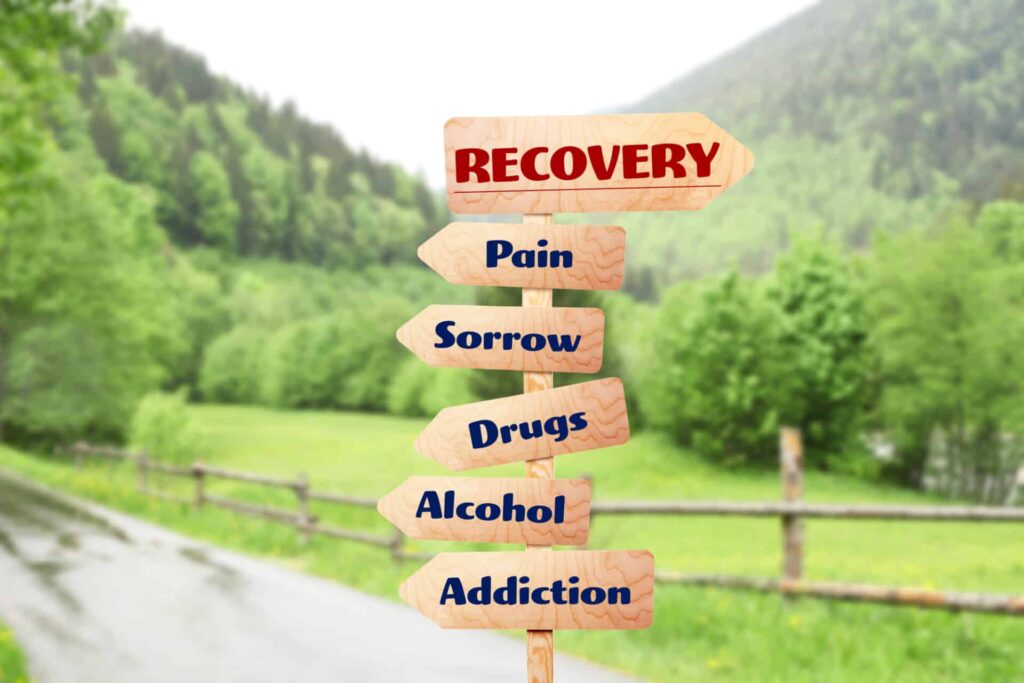Convenient telehealth addiction treatment allows patients to receive care with virtual access.
Key Types of Addiction Therapy: Navigating Alcoholism Healing Through Evidence-Based Practices
In the world of alcohol addiction healing, the combination of Cognitive-Behavioral Therapies (CBT) and Medication-Assisted Therapy (MAT) marks a crucial stride in the direction of efficacy and patient-centered care. CBT offers an organized path to reframe damaging thought patterns, while floor covering offers a biochemical grip against the physical tribulations of withdrawal. When these evidence-based methods are supplemented with holistic approaches, such as mindfulness and dietary assistance, they create a durable structure for treatment. The journey with these techniques provides one-of-a-kind obstacles and results, laying bare the concern of how these treatments concretely intersect to cultivate continual recuperation.

Recognizing Cognitive-Behavioral Therapies in Alcoholism Recuperation
As alcohol addiction recuperation progresses, cognitive-behavioral therapies (CBT) have actually arised as a keystone in reliable therapy approaches. CBT operates on the concept that maladaptive actions, such as too much drinking, are driven by useless thoughts and beliefs. Therapy concentrates on identifying these adverse patterns and mentor individuals just how to challenge and replace them with even more useful thinking. This treatment is not only regarding taking care of behaviors but also reshaping cognitive processes, which can result in continual soberness. Procedure normally entail sensible skills training, such as dealing methods for managing cravings and anxiety management strategies. The versatile nature of CBT enables it to be customized to the distinct needs of each person, boosting its effectiveness in the realm of alcohol recuperation.

The Role of Medication-Assisted Treatment in Taking Care Of Withdrawal and Food Cravings
Medication-assisted treatment Recommended Site (FLOOR COVERING) plays a critical function in the monitoring of withdrawal signs and symptoms and cravings in people recuperating from alcohol addiction. Mental Health Treatment. Such combination supports the retention in therapy programs and contributes considerably to protecting against regression, noting Floor covering as a keystone of effective alcohol dependency therapy.

Integrating Alternative Strategies With Typical Therapies for Comprehensive Care
While medication-assisted treatment gives a fundamental method to alcohol recovery, integrating alternative methods with standard therapies offers a more detailed care design. This synthesis enables the treatment of the entire individual, resolving not just the physical facets of addiction but likewise the mental, psychological, and spiritual dimensions. Techniques such as mindfulness, yoga, these details and acupuncture complement cognitive-behavioral treatment (CBT) and group sessions, supporting stress decrease and psychological guideline. Nutrition and exercise programs even more enhance physical health and strength. By incorporating these diverse strategies, treatment programs can tailor interventions inpatient drug rehab center to individual requirements, advertising an extra sustainable recuperation. This integrated technique highlights the value of a multifaceted strategy in the efficient treatment of alcoholism.
Final Thought
Finally, reliable alcohol dependency recuperation leverages a combination of evidence-based practices. Cognitive-Behavioral Treatments reframe unfavorable thinking, while Medication-Assisted Therapy deals with the physical challenges of withdrawal and cravings. Integrating all natural methods, such as mindfulness and proper nourishment, with typical treatments makes sure a detailed treatment method. Tailored to individual requirements and supported gradually, these methods jointly improve the probability of sustained sobriety and overall health in recouping people. Cognitive Behavioral Therapy (CBT).